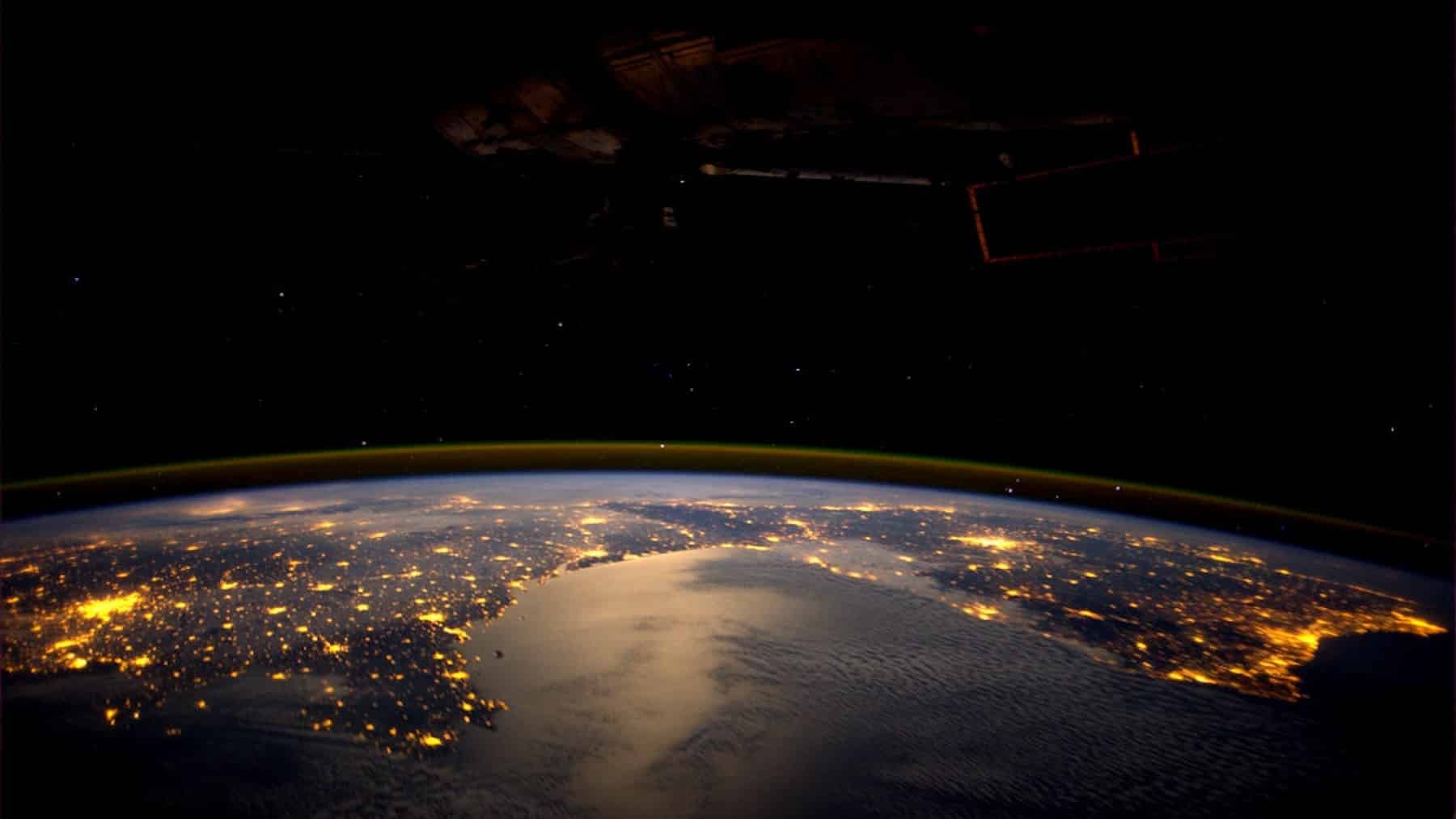For a while, certain strategic alliances have been formed. One such key alliance is the strategic alliance between Russia and China, all in a bid to strengthen ties and boost all forms of trade, including mobilization between the global powerhouses. Hypothetically, there is nothing wrong with an alliance that seeks only economic growth. The issue occurs when the alliance starts to seek subjugation through proxies.
Similar events that have spurred Europe to take action
Right now, the West is not taking chances again with strategic alliances such as this, which is why Europe’s key allies are coming together to create an alliance that is far superior and independent of China and Russia’s reserves. Perovskite, to be precise. On the surface, war can take on many forms. In this context, economic chokehold is the latest warfront, with China seemingly throwing everything it has to tip it in its favor. The strategic alignment of China’s huge mobilization and mineral reserves and the quick-witted might of the Russian economy has resulted in a multipolar warfront for any nation that dares to threaten the alliance.
Attention must now be diverted to the elephant in the room, perovskite. One might wonder, what is the buzz about perovskite? Perovskite is the next-generation resource for photovoltaic energy generation. It is durable, resilient, and much more economical compared to its predecessors. Now it is evident where the problem lies. The majority of the world’s perovskite reserves, extraction, and mobilization infrastructure are sitting within the borders of Russia and China.
Economic chokehold: The new battlefront for Russia and China
The world has enjoyed a great deal of peace ever since the Second Cold War, when treaties were signed, neighboring countries accepted one another, and peace seemed to dilute the air. The only issue is, this was an illusion. While Europe thought the conventional peace was going to last long, certain global powerhouses, such as Russia and China, sought to pursue dominance in various sectors, which has led to misalignment of treaties within several countries, including Europe as a whole.
However, China noticed that Europe is heavily dependent on its mineral exportations and, in recent times, has tried to weaponize this monopoly for personal gain, knowing fully well that Europe is a strong kicker for global zero-emissions innovation. But damage has not been done yet because Europe is now awake, stronger than ever before. Europe now sees its energy future, its solar farms, batteries, and green grids, not as neutral infrastructure, but as contested terrain. That realization has spurred the current mobilization.
Europe’s new plan to regain its footing in the ongoing crisis
Germany, France, and Poland are now devising strategic plans to minimize the effect of a total supply shortage if China closes off its minerals to them completely.
Instead of deploying troops, it is now the mobilization of scientists and engineers everywhere, and Europe is racing to establish its own perovskite extraction capabilities in places like Norway, Greenland, and parts of Spain. Simultaneously, defense corridors are being expanded to safeguard these sites from cyber, economic, and even physical threats.
The global power shift—why Russia and China are alarmed
For Moscow and Beijing, this shift represents a direct challenge to one of their most lucrative and under-acknowledged spheres of influence: resource leverage over the green economy. Russia’s and China’s state-owned mining firms and rare mineral refiners, respectively, had expected dominance in the perovskite era. Europe’s historic mobilization is not a declaration of war, but it is a declaration of strategic autonomy.
As the continent shifts its defense doctrine from “responsive” to “preemptive deterrence,” the mobilization battle for perovskite dominance becomes symbolic of a broader realignment. No longer will green technology be divorced from geopolitics. The question now is whether this mobilization will stabilize the balance of power or push the world into a new era of confrontation where minerals, not missiles, trigger the next great conflict.
